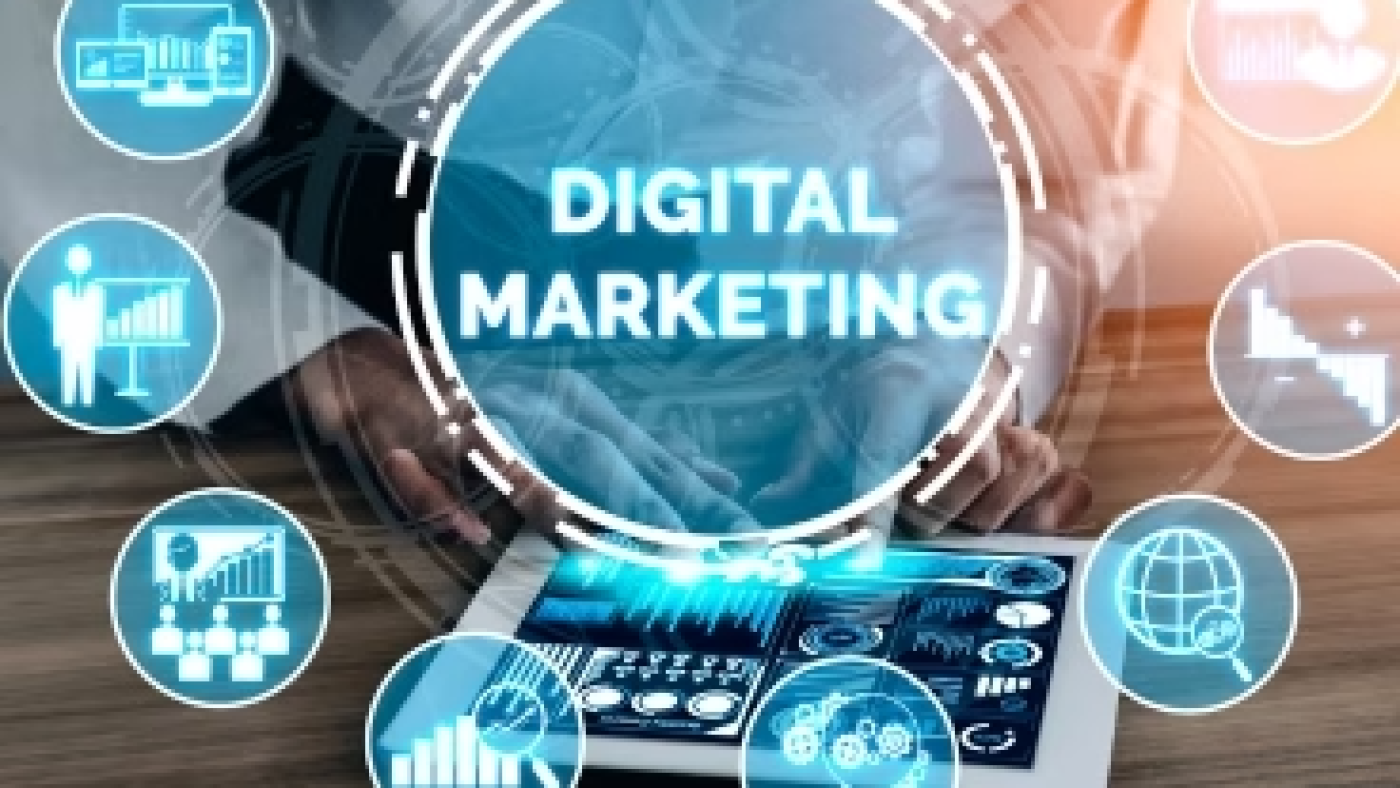Emerging Trends and Future Directions in Digital Marketing
What Is Digital Marketing?
Digital marketing is the practice of promoting products, services, or brands through digital channels such as websites, search engines, social media, email, and mobile apps. Unlike traditional marketing, it enables real-time engagement, precise targeting, and measurable results, making it an essential strategy for modern businesses.
Core Types of Digital Marketing
🔍 Search Engine Optimization (SEO)
Definition:
SEO enhances a website’s visibility in search engine results, driving organic (unpaid) traffic through better rankings.
Key Components:
- On-page SEO: Keyword usage, content optimization, meta tags
- Off-page SEO: Backlinks, domain authority, social sharing
- Technical SEO: Site speed, mobile-friendliness, structured data
Why It Matters:
SEO builds long-term visibility, improves brand credibility, and attracts consistent, high-quality traffic.
📝 Content Marketing
Definition:
Content marketing focuses on creating valuable and relevant content to attract, inform, and retain an audience.
Common Formats:
- Blog articles
- Infographics
- Videos
- eBooks & whitepapers
Why It Matters:
It establishes brand authority, boosts SEO performance, nurtures trust, and educates your audience throughout the buyer’s journey.
📱 Social Media Marketing
Definition:
The use of platforms like Instagram, Facebook, LinkedIn, and Twitter to promote products and engage with audiences.
Popular Platforms:
- X (formerly Twitter)
Why It Matters:
It drives traffic, builds community, strengthens brand identity, and increases conversions through real-time interaction.
🔧 Social Media Management
Definition:
A strategic approach to creating, publishing, monitoring, and responding to content and interactions across social platforms.
Key Responsibilities:
- Content scheduling
- Community engagement
- Analytics and performance reporting
- Brand monitoring
Why It Matters:
Consistent and well-managed social presence enhances customer experience and amplifies reach.
💰 Pay-Per-Click (PPC) Advertising
Definition:
A paid advertising model where businesses pay a fee each time someone clicks on their ad.
Key Channels:
- Google Ads
- Microsoft Ads (Bing)
- Facebook & Instagram Ads
Why It Matters:
PPC provides immediate traffic, precise targeting, and is measurable — making it ideal for short-term goals and promotions.
🎯 Digital Advertising
Definition:
Digital ads include all forms of online promotions, from search engine ads to display banners and video content.
Ad Types:
- Display Ads (banners, pop-ups)
- Search Engine Ads
- Social Media Ads
- Video Ads (YouTube, TikTok)
Why It Matters:
They offer fast visibility, campaign control, and targeted audience segmentation for maximum ROI.
📧 Email Marketing
Definition:
Sending personalized or mass email messages to connect with leads, customers, or subscribers.
Email Types:
- Newsletters
- Promotional emails
- Transactional messages
- Automated drip sequences
Why It Matters:
Email marketing is one of the highest ROI channels — great for nurturing leads, driving conversions, and retaining customers.
🤝 Affiliate Marketing
Definition:
A performance-based strategy where affiliates earn a commission for promoting a brand’s products or services.
Core Elements:
- Affiliate partners or networks
- Tracking and attribution tools
- Commission models (CPL, CPA, CPS)
Why It Matters:
It enables low-risk expansion and leverages third-party credibility to reach broader audiences.
👥 Influencer Marketing
Definition:
A partnership between brands and individuals with large, engaged followings to promote products or services authentically.
Steps Involved:
- Influencer discovery and vetting
- Collaboration planning
- Sponsored content creation
Why It Matters:
It boosts brand awareness, builds trust, and connects your product with niche or highly engaged audiences.
📲 Mobile Marketing
Definition:
Marketing strategies tailored to mobile device users through apps, SMS, mobile-optimized content, and push notifications.
Key Tactics:
- SMS marketing
- App-based ads
- Mobile-first web design
- Location-based promotions
Why It Matters:
With mobile usage surpassing desktop, it ensures your marketing reaches users anytime, anywhere.
🤖 AI-Powered Marketing Automation
Definition:
Using artificial intelligence and automation to perform repetitive tasks like email sequences, customer segmentation, or content suggestions.
Automatable Tasks:
- Chatbots for customer support
- Predictive analytics
- Dynamic email personalization
- Social media scheduling
Why It Matters:
AI enhances efficiency, personalization, and customer satisfaction, helping marketers scale smartly.
Advanced Digital Marketing Components
📊 Analytics & Data
Why It Matters:
Data drives decisions. Tools like Google Analytics, Meta Business Suite, and Hotjar allow you to:
- Measure performance (CTR, bounce rate, conversions)
- Understand audience behavior
- Optimize campaigns in real-time
🔁 Marketing Automation
Definition:
Software-driven automation of marketing actions across email, CRM, advertising, and social media.
Benefits:
- Save time and effort
- Deliver timely, relevant messages
- Increase lead nurturing and conversion rates
📰 Online PR (Public Relations)
Definition:
Managing your brand’s online reputation through earned media, influencer outreach, and customer engagement.
Tactics include:
- Distributing press releases
- Securing online reviews
- Managing brand mentions and sentiment
Why It Matters:
Positive digital PR builds trust, brand reputation, and authority across platforms.
The Future of Digital Marketing: Trends to Watch
- Voice Search & Smart Devices: Optimize content for voice queries and IoT devices
- Personalized Experiences: AI-driven, hyper-personalized messaging
- Augmented Reality (AR): Interactive product demos and immersive ads
- Sustainability Messaging: Eco-conscious branding gains traction
- Zero & First-Party Data: Shifting away from third-party cookies
- Short-Form Video Domination: TikTok, YouTube Shorts, Instagram Reels
- Conversational Marketing: Real-time chat, AI assistants, and DMs over email
- Global Localization: Multilingual marketing and cross-border eCommerce growth
🌟 Final Thoughts
Digital marketing continues to evolve at a rapid pace. Brands must not only stay updated with the latest tools and platforms but also commit to data-driven strategies, creative storytelling, and customer-centric approaches. Whether you’re a startup or a scaled enterprise, the future belongs to marketers who can adapt quickly, automate wisely, and connect meaningfully.

Add a Comment